Signs You’re Eating Too Much Salt
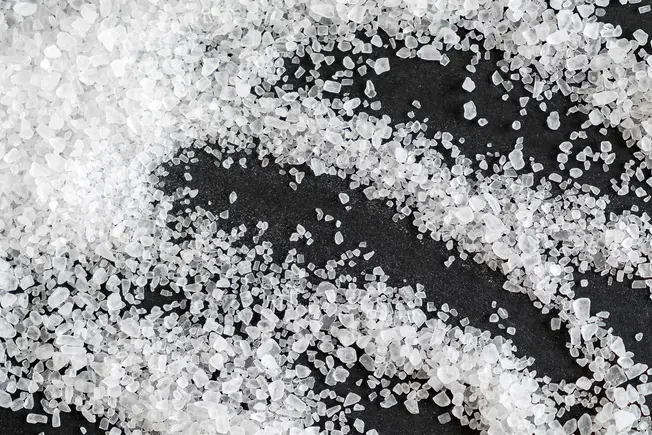
What Is Salt?
Salt is a seasoning that can flavor food and act as a preservative. It’s about 60% chloride and about 40% sodium. Nearly all unprocessed foods -- think veggies, fruits, nuts, meats, whole grains, and dairy foods -- are low in sodium. The salt that we do eat helps relax and contract muscles, lends a hand with nerve impulses, and balances the minerals and water we take in.
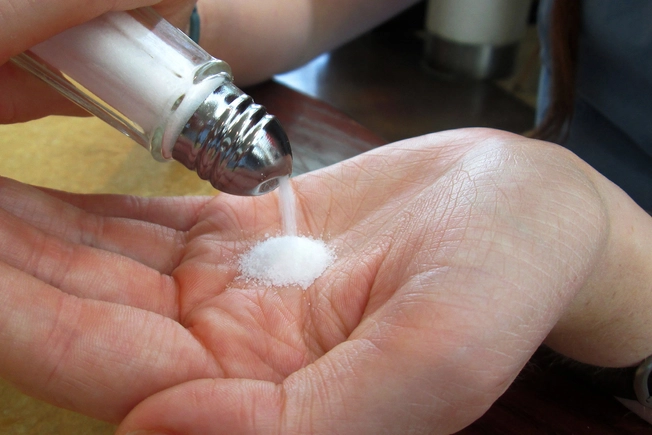
How Much Salt Do You Need?
Our body needs only a small amount of sodium. We should get about 1,500 milligrams of it every day. But the average American takes in about 3,400. Too much salt can lead to a stroke, heart disease, and high blood pressure. But how do you know if you take in too much salt?

You’re Bloated
Bloating -- when your stomach feels swollen or tight -- is one of the most common short-term effects of having too much salt. It helps your body retain water, so extra fluid builds up. Foods don’t have to taste salty for them to be high in sodium. Sandwiches, pizza, bagels, and canned soup can be sneaky sources for salt.

Your Blood Pressure Is High
There are lots of reasons you might have high blood pressure, but one could be too much sodium. The change in blood pressure happens through your kidneys. Too much salt makes it harder for them to get rid of fluid that you don't need. As a result, your blood pressure goes up.
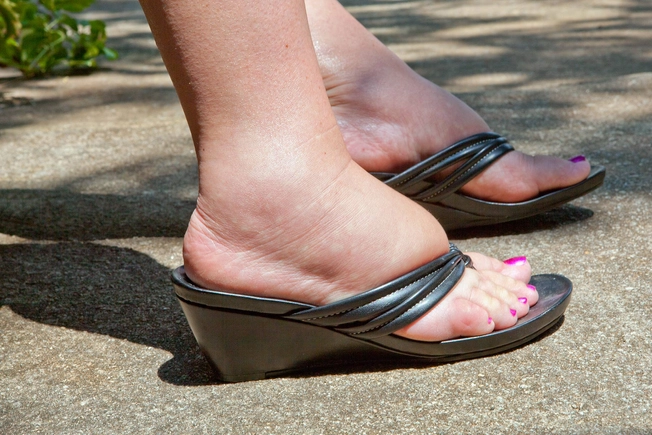
You’re Puffy
Swelling can be a sign of too much sodium in your body. Body parts like your face, hands, feet, and ankles are most likely to swell. If you’re more puffy than usual, take a look at how much salt you’re eating.

You’re Really Thirsty
If you’ve been really thirsty lately, it could be a sign that you’re eating too much salt. When that happens, you become dehydrated. Your body pulls water from your cells, and you might start to feel very thirsty. Drinking water can help neutralize that salt and can freshen up your cells.
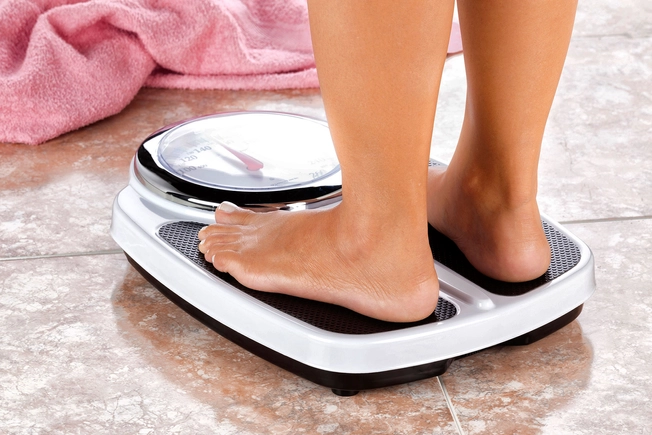
You've Gained Weight
When you retain water, you might gain weight. If you’ve put on pounds quickly over a week or even a few days, it could be because you're having too much salt. If you gain more than 2 pounds in a day or 4 pounds in a week, think back to the foods you ate during the past few days and try to make changes to cut down on the salt.
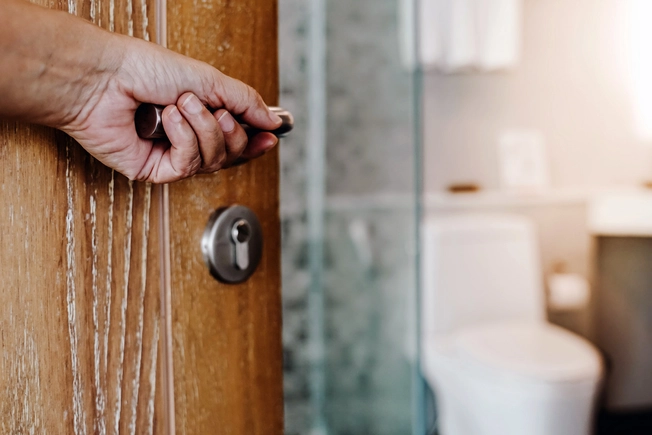
You Use the Restroom a Lot
More salt could lead to more trips to the bathroom. This could be because salt can make you very thirsty, which might encourage you to drink more water. Later on, you might have to go to the bathroom more than usual.

You Aren’t Sleeping Well
If you eat too much salt before bed, it can lead to disturbances in your sleep. Signs can range from restless sleep, to waking up often at night, to not feeling rested in the morning.

You Feel Weak
When there’s too much salt in your blood, water gushes out of your cells to thin out the salt. The result? You might start to feel weaker than usual.

Your Stomach Bothers You
If too much salt in your diet makes you dehydrated, your stomach will feel it. You might feel nauseated, or you might have diarrhea. If your stomach is upset or you have cramps, take a look at what you’ve been eating during the past few days and figure out how to cut back on the salt. Drinking plenty of water can help rehydrate your cells and get you feeling better.
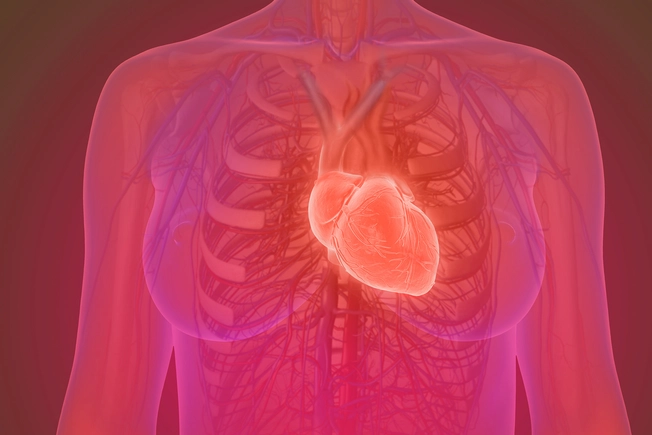
Long-Term Effects of Too Much Salt
Although there are lots of short-term effects to watch out for, there are also long-term effects of eating too much salt. It might raise your chances of things like enlarged heart muscle, headaches, heart failure, high blood pressure, kidney disease, kidney stones, osteoporosis, stomach cancer, and stroke.
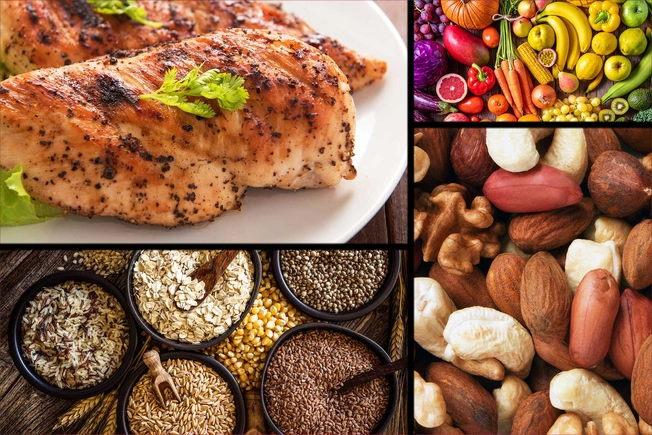
How to Cut Down on Salt
Since 9 out of 10 Americans get too much sodium, chances are, you might take in too much as well.
To help keep your levels in check:
- Choose fresh meats instead of packaged ones.
- When you buy frozen vegetables, choose ones that are "fresh frozen" and stay away from ones with seasoning or sauces already added.
- Read labels and check the sodium content in the foods you buy.
- When choosing spices and seasonings, go for ones that do not list sodium on their labels.
- If you eat out, you can ask for your dish to be prepared without salt.
